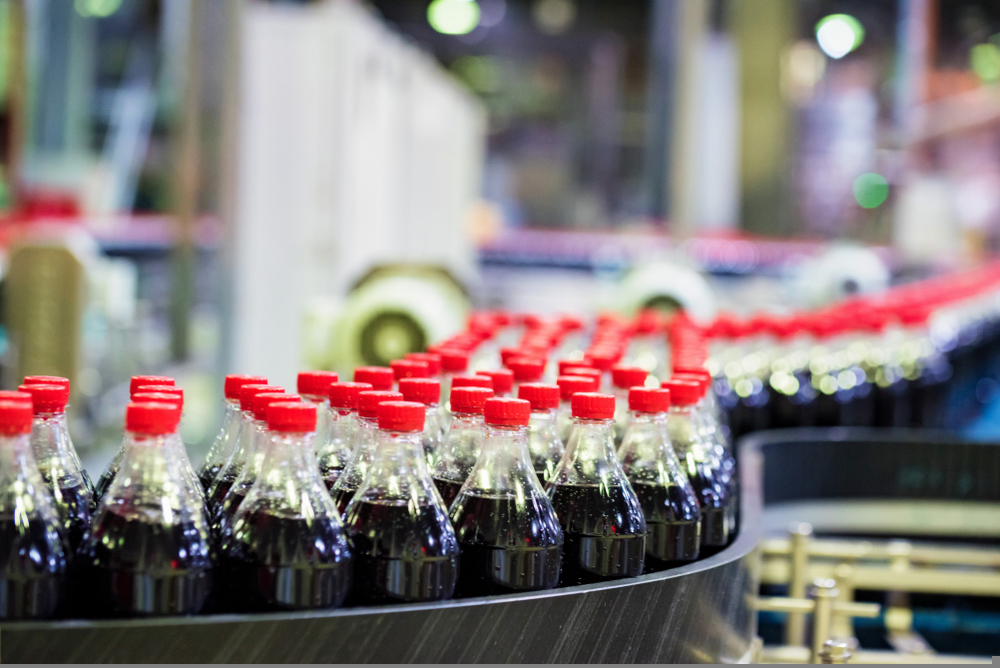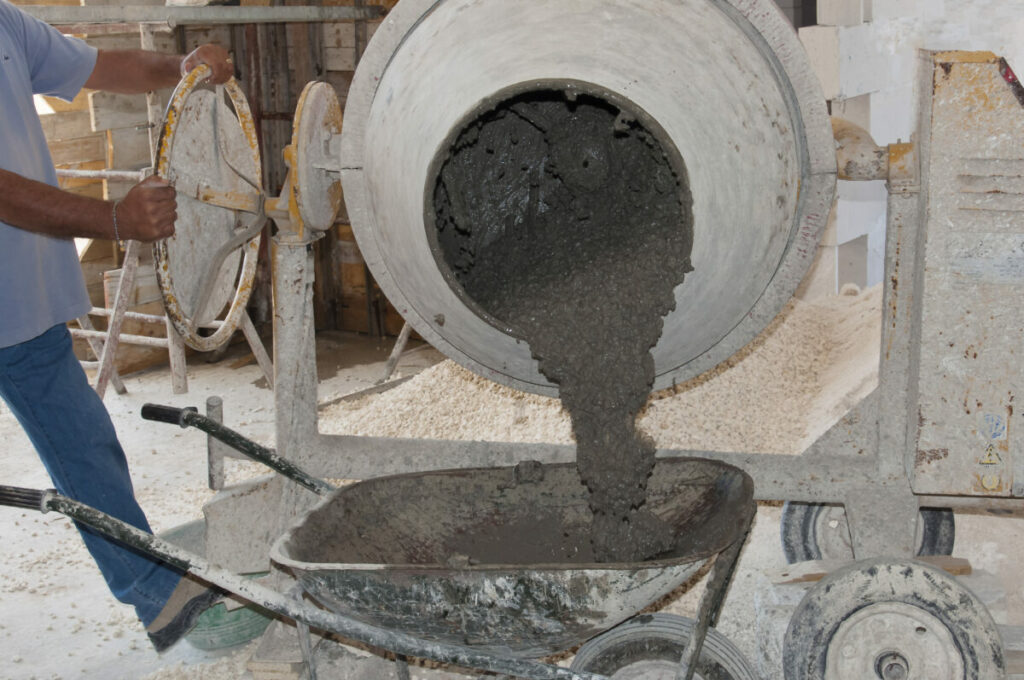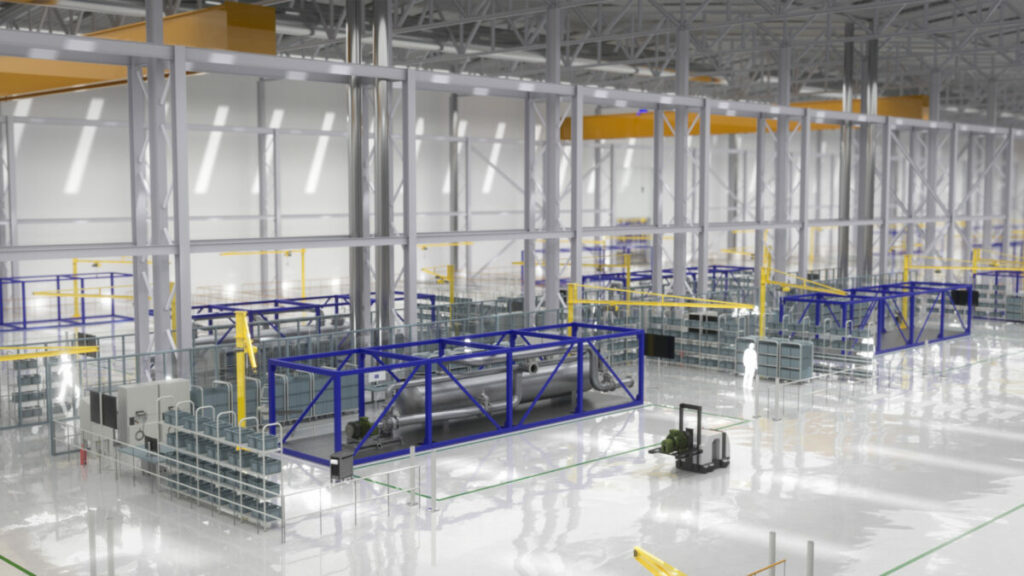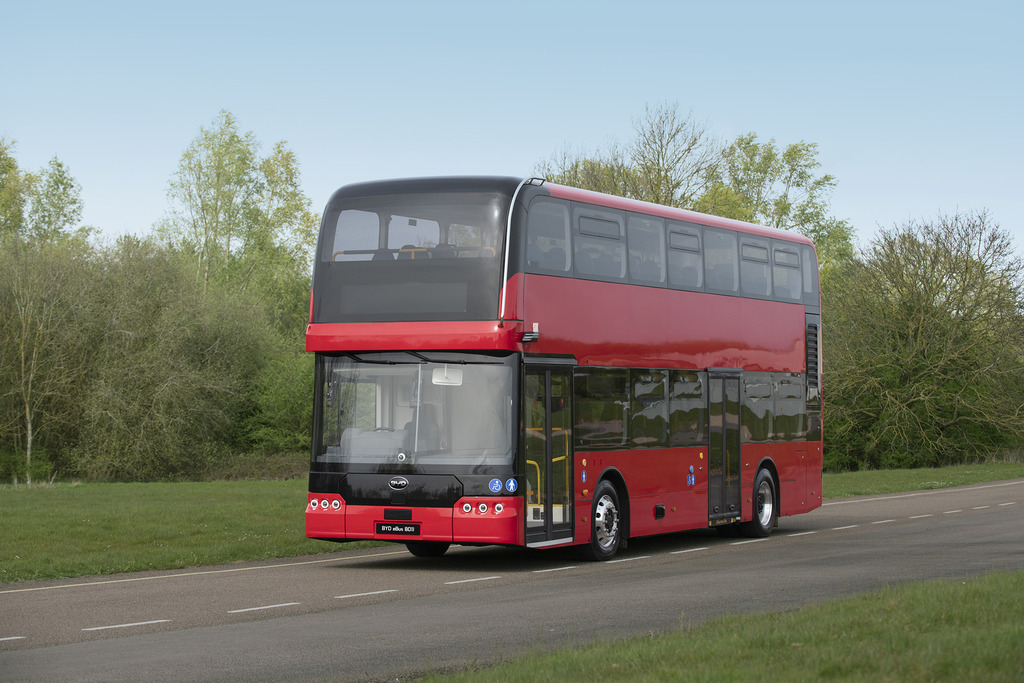Coke biggest bottler is testing greener technology to replace fossil fuel linked carbon dioxide, as part of a deal with UK startup Airhive.
Airhive is a direct air capture developer which has just secured funding from Coca-Cola Europacific Partners (CCEP), the world’s largest bottler of Coke, along with AP Ventures, Collaborative Fund and angel investors.
It comes as the bottler looks to hit net-zero emissions by 2040.
Subscribe to Sustainability Beat for free
Sign up here to get the latest sustainability news sent straight to your inbox every day
Matthijs Kostelijk, director at Coca-Cola Europacific Partners, said: “Carbonation transforms ordinary liquids into the exciting drinks we sell across the world. The science behind those bubbles is not only important for creating our drinks, but could also offer an interesting new avenue to boost decarbonisation.
“We’re always on the lookout for new and exciting technologies which could fast-track our progress – I’m excited to see where this project takes us.”
The startup’s tech is based on fluidisation, which the startup says has been dellivering at scale for nearly 80 years, and it has the capacity to capture 1000 tons of CO2 annually.
Airhive said: “Fluidisation is a using a gas or liquid-in our case, air- to make static solid particles behave as a dynamic fluid.
“We use naturally carbon-absorbing rocks mineral and increase their capacity to uptake CO2, by reforming them into small particles with very high surface areas.
“We then fluidise the particles creating a turbulent sandstorm-like cloud in which the particles rapidly collide with the CO2 molecules in the air.”
Earlier this year, Coke stripped labels from on-the-go Sprite and Sprite Zero products in a limited trial of “label-less” packaging.
CCEP has also teamed up with Deep Science Ventures to develop technology that can address water scarcity.















